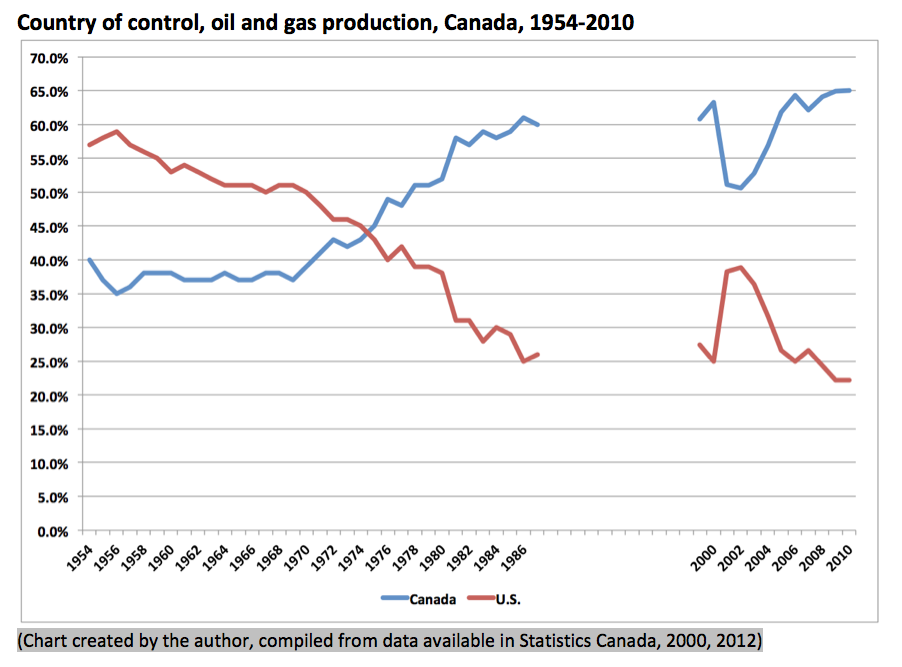DECEMBER, 2021 – When on the second day of January 1988 the Canada-US Free Trade Agreement (CUFTA) was signed by representatives of Canada and the United States, 2,000 gathered in a protest march on the Ambassador Bridge between Windsor and Detroit.[1] That march was one aspect of the movement against what at the time we called “free trade”[2] – a set of policies pushed by Ronald Reagan in the United States and Brian Mulroney in Canada, a phrase that came to symbolize the employers’ offensive in both countries, and in spite of considerable opposition, a policy which came into effect…
Leave a CommentTag: Canada
FEBRUARY, 2020 – Led by Prime Minister Justin Trudeau, Canada’s governing Liberals were re-elected in a national (federal) election October 21, but reduced from majority to minority status. This means that issue by issue, they will need to seek alliances with one or more of the other major parties — Conservative, Bloc Québécois (BQ, a Quebec sovereigntist party), the social-democratic New Democratic Party (NDP), and Green. The above is the first paragraph of “Canada’s 2019 Election”. [1] The complete text can be found here. [1] Paul Kellogg, “Canada’s 2019 Election,” Against the Current 204, no. January-February (2020), https://againstthecurrent.org/atc204/2019-canadian-election/.
Comments closedAPRIL, 2017 – The structure of Escape from the Staple Trap[1] was consciously chosen. In the face of deeply held political economy epistemologies, it was important to first construct a strong empirical foundation – using data extensively, looking at that data from multiple sides, as well as questioning and critiquing certain key hegemonic interpretations of empirical data from earlier eras. This empirical work revealed clearly that Canada must be considered a Global North country at the core of the world system. Only with that empirical foundation constructed, did the book then draw some political conclusions. In this Global North, core…
Comments closed25 janvier, 2017 – Chaque fois qu’un anniversaire d’importance de la Confédération approche, une attention considérable est accordée à l’histoire de la démocratie au Canada, la célébration prochaine des 150 ans de la Confédération canadienne en 2017 ne faisant pas exception. Or une préoccupation véritable pour notre avenir démocratique exige que nous examinions sérieusement cette histoire, en mettant en lumière ses limites et ses forces. Le rapport récemment paru de la Commission de vérité et réconciliation du Canada signale en outre une dimension nouvelle de cette question. Il existe en effet une histoire de la démocratie, peu souvent prise en…
Comments closedOCTOBER 14, 2014 – Some 300,000 barrels of oil per day, sometime this fall, were to have begun flowing from Sarnia, Ontario to Montreal, Quebec – courtesy of Enbridge “reversing the flow” on its 40-year old “Line 9” Ontario and Quebec pipeline. But a surprise ruling by the National Energy Board (NEB) will delay that flow for a few months (McCarthy 2014). Dilbit Line 9 is destined to carry, among other products, diluted heavy crude from the Alberta oil/tar/bitumen fields. A spill of such heavy crude would, of course, be very serious, as the residents of Kalamazoo Michigan well know,…
Comments closedJANUARY 4, 2013 – The tar sands development in northern Alberta is an ecological nightmare, and an insult to indigenous land rights. This nightmare and this insult are profoundly Canadian – shaped by Canadian corporations and Canadian government policies. Unfortunately, there has been a tendency by some in the movement to try and “off-shore” the problem, shifting the blame, in particular to China. This has no basis in fact, and opens the door to a nasty politics of xenophobia. Listen to the rhetoric. Elizabeth May, leader of the Green Party, rightly highlighted concerns about a trade deal between Canada and…
2 CommentsAlberta election – Party of Big Oil Defeats Party of Big Oil APRIL 30, 2012 – There was something absolutely wonderful about the failure of Wildrose to win the recent election in Alberta. The party is made up of a gaggle of mostly former conservatives – so extreme in their views that their party earned the nickname “Tea Party North”, and was touted by almost every polling agency to be headed for a convincing majority in the April 23 provincial election. But in the end, the pollsters were completely wrong, Wildrose winning only 17 seats and 34% of the vote…
Comments closedThe year 2010 saw devastating earthquakes hit both Haiti and Chile. The following was written March 4, 2010, in their immediate aftermath. (Part of a series of articles, “Reflections on 2010”) • The January 2010 earthquake in Haiti pulled that small island country into the news. We need to try and keep Haiti visible – not just in its current suffering and agony, but in its heroic history of struggle and resistance. That history – almost unknown to Haiti’s neighbours in Canada and the United States – is an indispensable part of the struggle for democracy and human rights in…
One CommentDECEMBER 3, 2010 – The G20 – an entity virtually unknown just two years ago – now seems to be holding meetings every month. While people in Canada were still reeling from the militarized display of force that accompanied G20 meetings in Toronto, Canada last June, a second summit was held November 11 and 12 in Seoul, South Korea. In general, it is the rhythm of economic slump which is driving these recurring summits. In particular, the Korea summit was fixated on the danger of currency wars between the major powers – in particular between the United States and China.…
Comments closed